Sign Up
The road to becoming a Challenger and helping your community begins here! Sign up today to stay informed every step of the way and interact with other interested members.
Sign up now!Innovating Communities is a two year training project to support community-led action across Donegal, Leitrim, Sligo, Cavan, Monaghan and Louth. We want to mentor and empower community members like you to find solutions to Challenges facing your local area.
Join us on the road to innovation by signing up, submitting Challenges, and registering for Courses! You can learn valuable Design Thinking skills that address the wants and needs of your area and peers.
The lightbulb below tells you more about each step of the Innovating Communities journey, numbered 1 to 6. Click on each step to learn more about it!
The road to becoming a Challenger and helping your community begins here! Sign up today to stay informed every step of the way and interact with other interested members.
Sign up now!Make a stop at the Challenge Bank to submit a Challenge that you want addressed in one of our Training Courses. Demonstrate your interest by liking and commenting on other Challenger's submissions. Popular Challenges will be more likely to inform some of our Courses.
Explore the Challenge BankWe trained several local volunteers to become Co-Trainers, who will help champion the training of Challengers in their county. Their knowledge of Design Thinking will ensure the wants and needs of the community remain at the heart of the process.
Teams of Challengers will form by signing up for training Courses they feel are most suited to tackling their community's Challenges, or regional issues shared across county lines. Your Team will learn and train collaboratively, helping to push one another towards innovative solutions. We plan to train at least 900 Challengers over the course of the project.
Some Challenges require going the extra mile to solve it! Full Scale "Marathon" training Courses include 42 hours of training and tackle big, tricky issues or significant opportunities. These Courses may involve many groups or contain lots of mini-challenges within it that build to a bigger overall outcome, such as revitalising Town Centres or tackling Climate Change.
Design "Sprints" are 21 hour training Courses that focus on quick-fire solutions for specific Challenges. Every training Course will teach the basics of Design Thinking and use the Teams' Challenge to develop a solution. Participants will gain confidence in using the processes to find and test solutions for the future.
We've made it to the finish line! Challengers will be invited to a Learning Conference, where we can reflect on what's been learned and solved throughout the project. Communities will carry the skills and legacy of their journey forward into a bright future.
Design thinking is a human-centered approach to problem solving that will form the basis of our shared learning journey.
Learn more about it.
Participation in this programme counts towards the Personal Skill and Community Involvement aspect of Gaisce bronze, silver and gold awards.
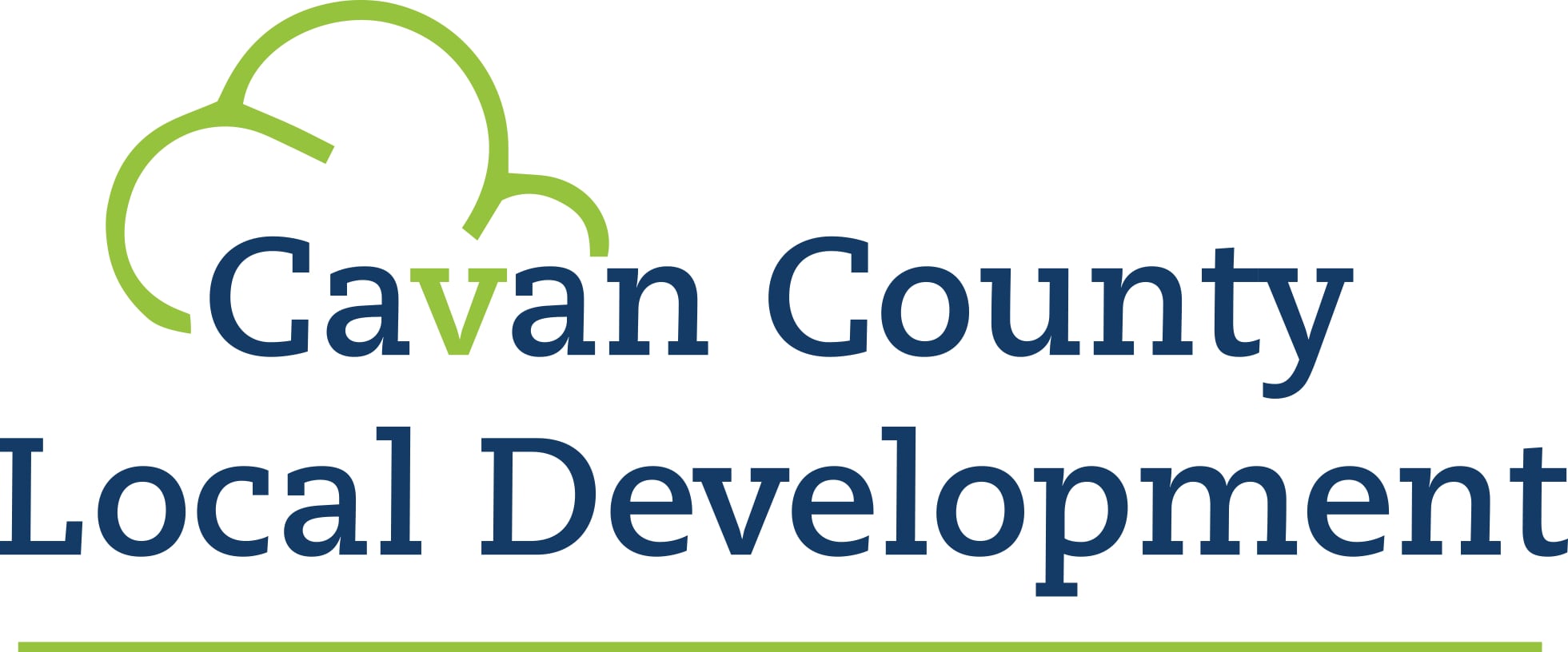
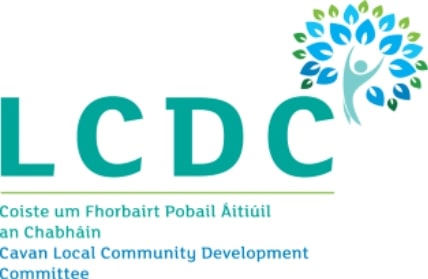
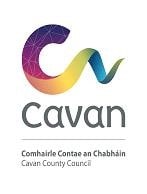
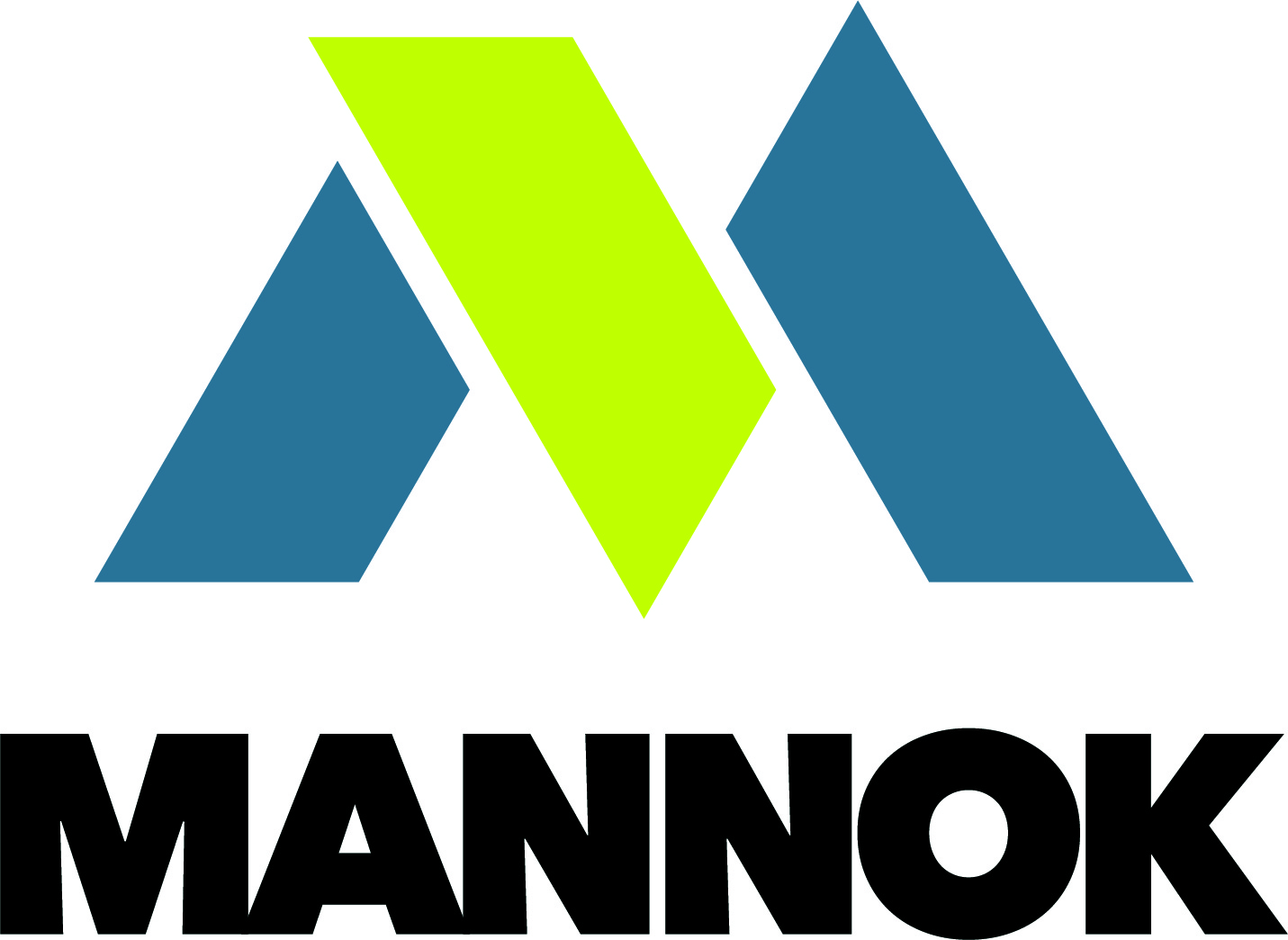

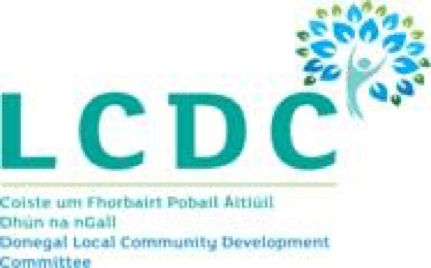
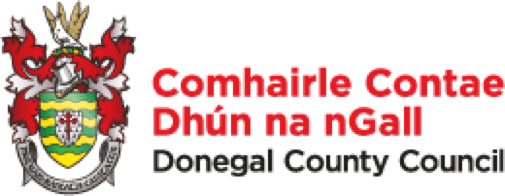
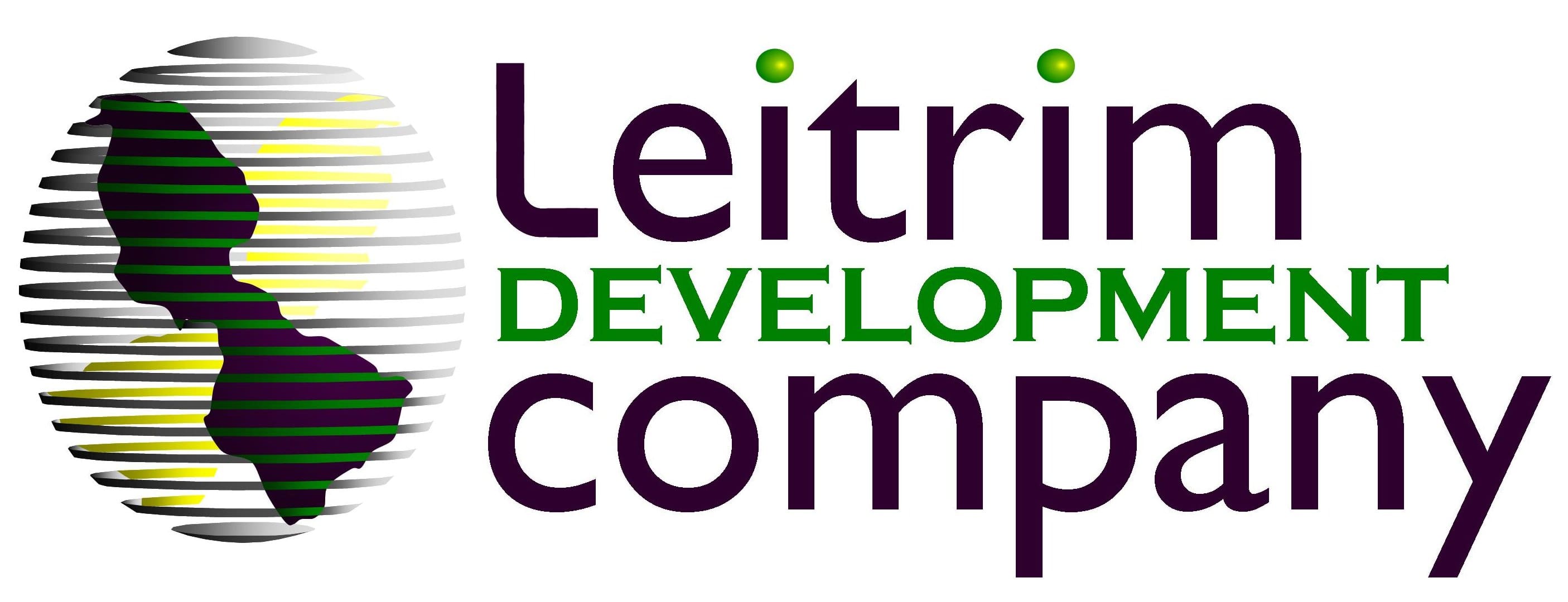
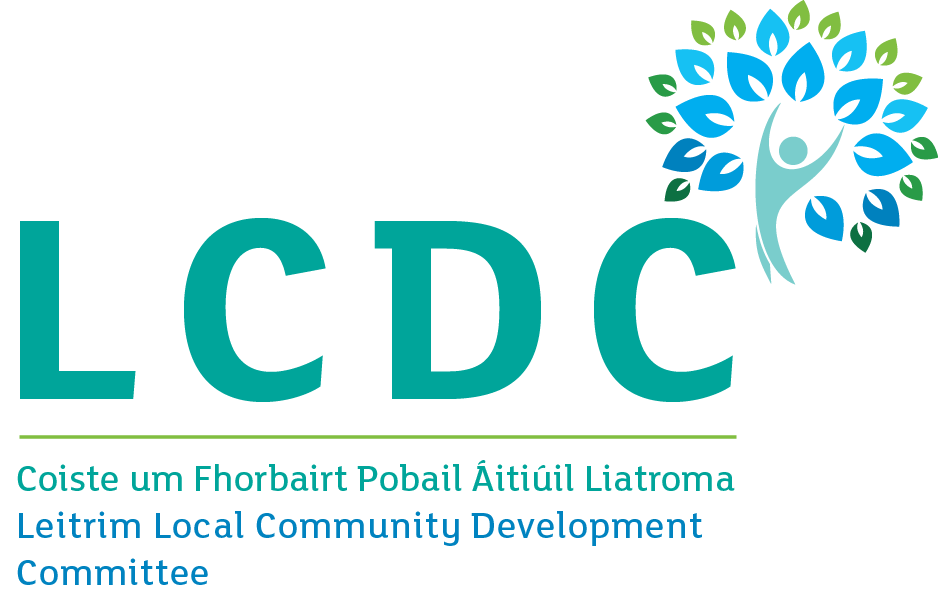


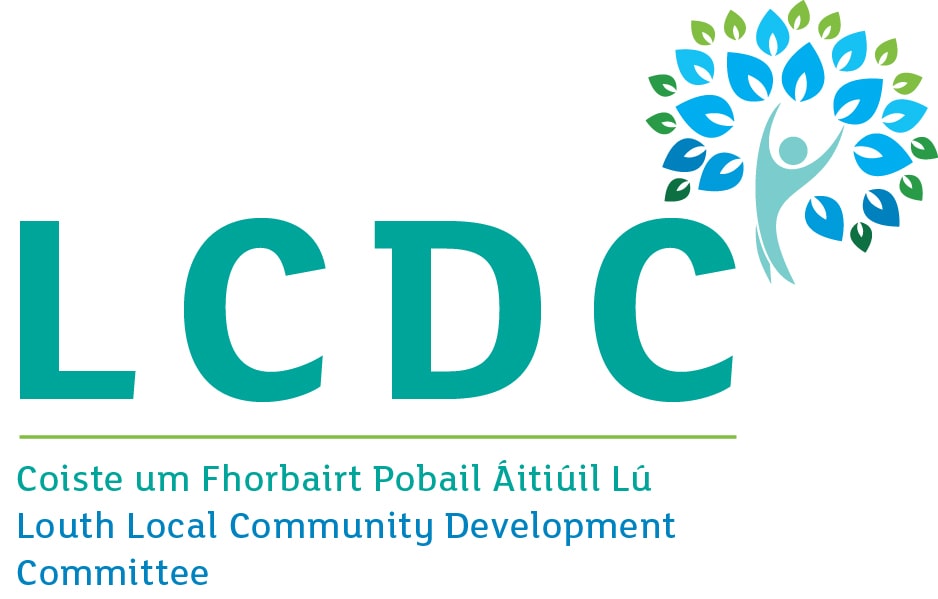
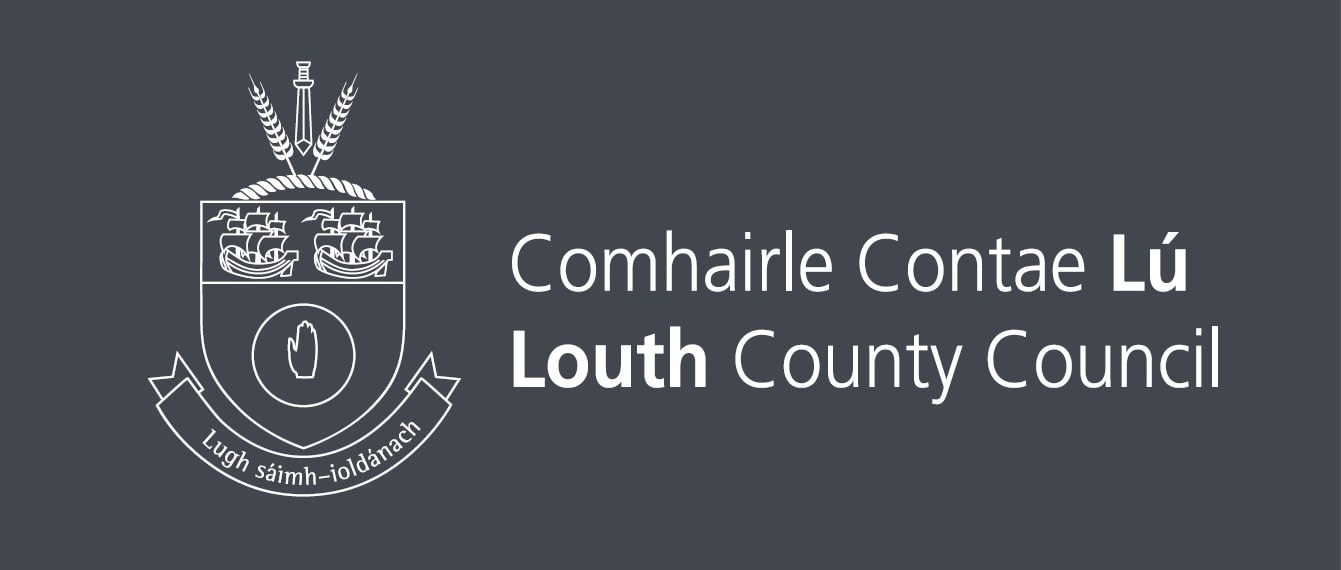
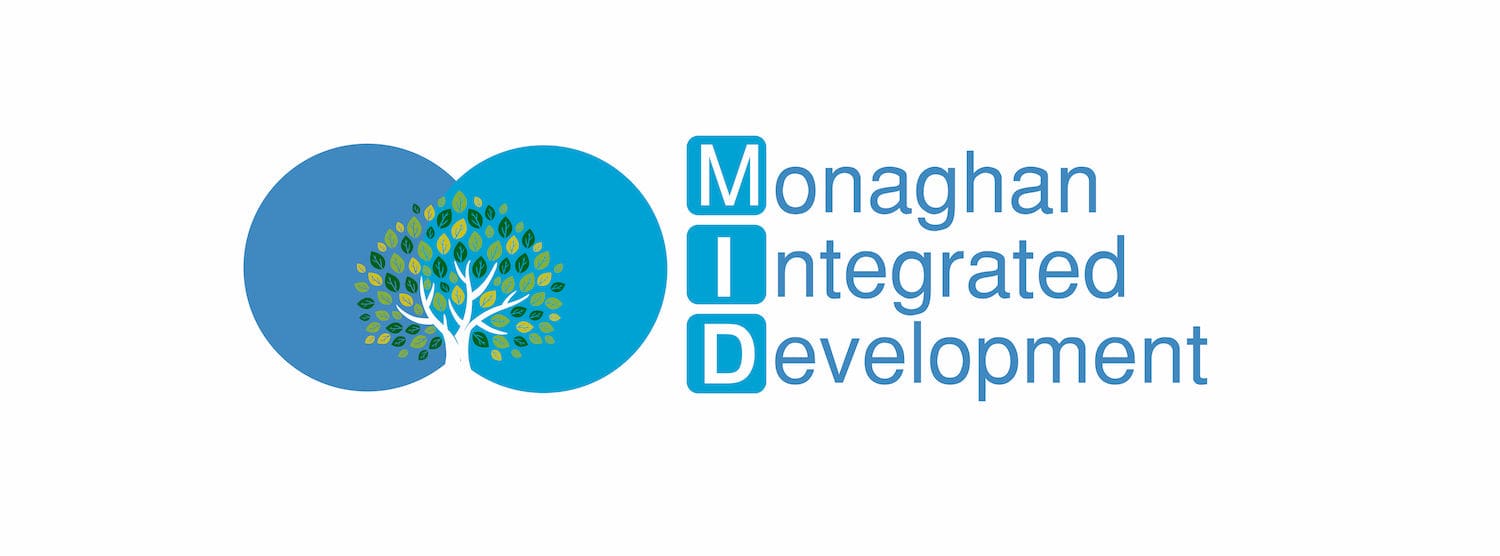
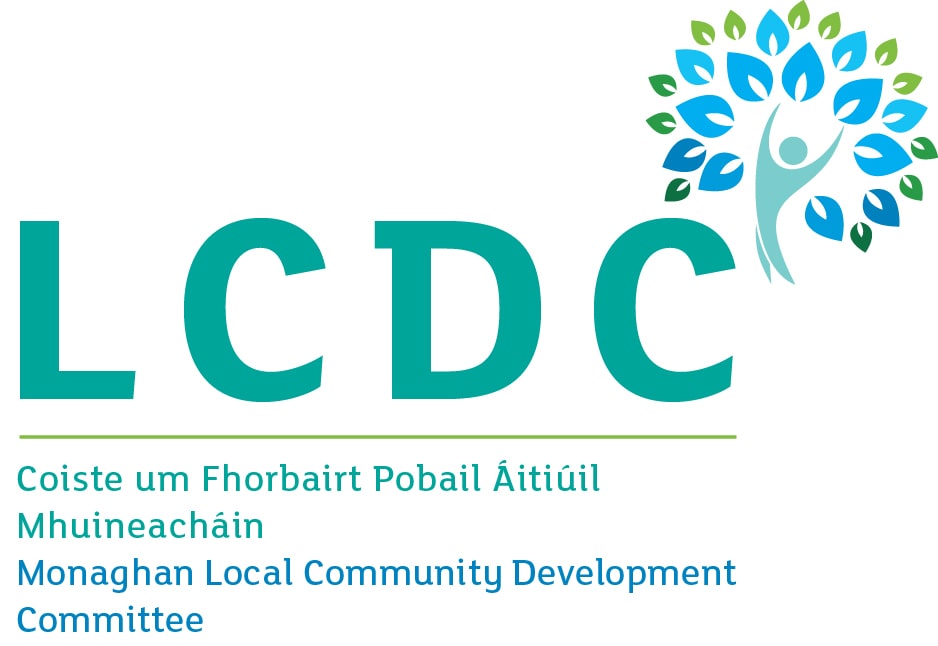
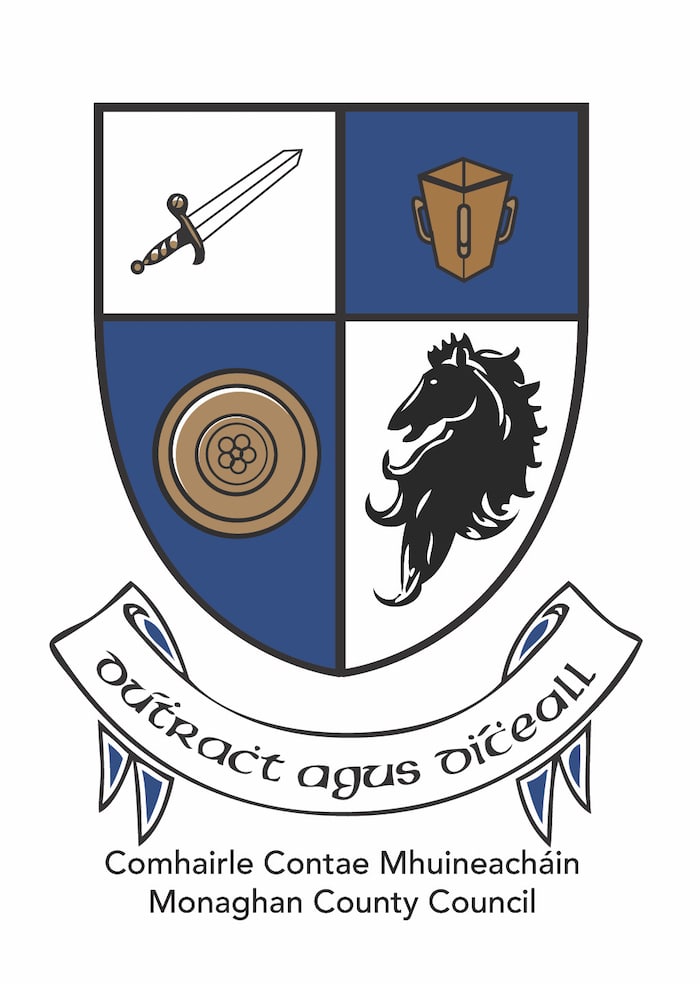


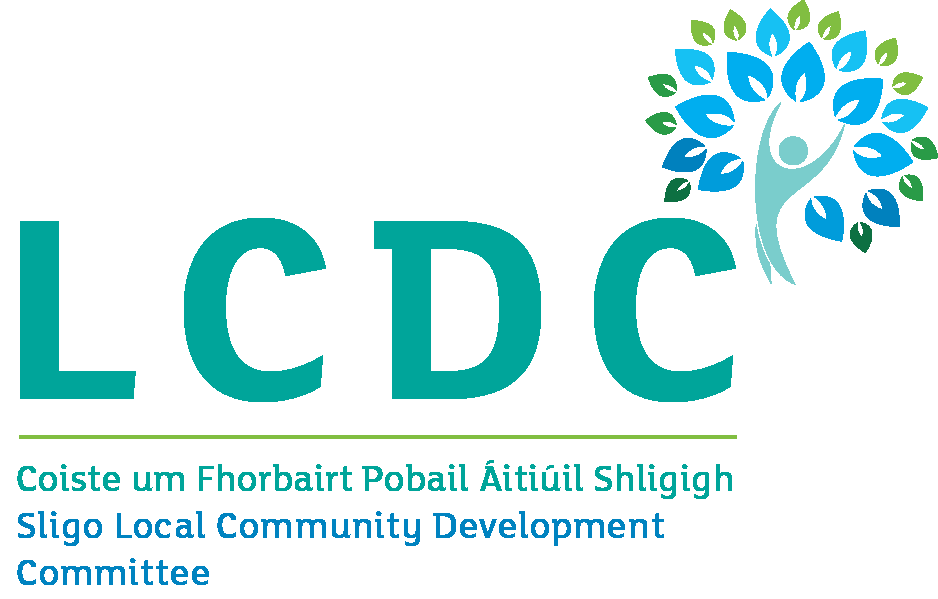
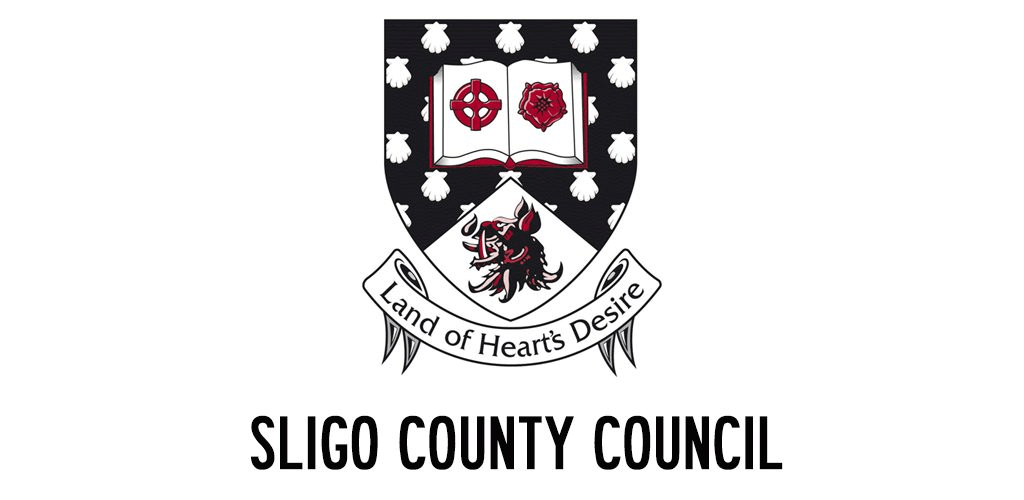
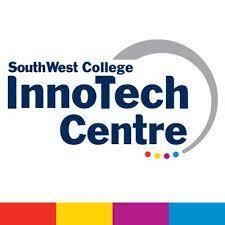
Explore the answers to some common questions below. If you can't find what you're looking for, please get in touch
Click a question below to reveal the answer.
An Innovating Communities Design Thinking Course can be two different lengths, which we call a Design Sprint, or a Design Marathon. A Design Sprint is 21 hours of Training and/or Mentoring, usually completed over 3 months. A Design Marathon is 42 hours of Training and/or Mentoring, usually completed over 5 months. It's often best to consider the scope of your Challenge and, as a group, decide whether a Sprint, or the more in-depth Marathon, would be best suited.
Of course! You're always welcome back to a course. As a lot can change during one lesson, we do recommend you watch the recordings of any missed lessons before attending the next and/or contacting your Design Thinking Trainer to arrange a mentoring session to go over anything you've missed.
The objective of our Innovating Communities courses is to develop a solution in response to a selected Challenge. We use the Design Thinking process to achieve this, putting Users at the heart of our thinking.
This can vary! We aim to have a minimum of 8 participants on a course, but there are often many more! Whether your team is large or small, Innovating Communities courses are spaces where we encourage participation, open listening and collaboration.
Placeat consectetur quas. Officia recusandae hic. Laboriosam doloremque eaque.
In an Innovating Communities course, you'll work as a team towards a Challenge Solution, or project. There may be times during the course, such as when researching Case Studies, undertaking tasks for Community Engagement, Prototyping and Testing, where you might find it useful to share different tasks across the team. This may mean that different individuals have responsibility for different tasks. If, at any time, you feel overwhelmed by a task or feel you need help, remember that your team and Trainer will be there to support you and share the work more evenly. Additionally, you are always welcome as an individual to research information you feel is useful to the Challenge, but it is important to share this knowledge with your team so that everybody involved is moving forward with similar knowledge in mind.
Some work is expected outside of the regular, weekly, 2 hour sessions. You will be asked to complete some tasks between each lesson which will help prepare you for each lesson and stage. These tasks will usually only take 20 minutes to complete. Other stages of the course may require more work, which varies from Challenge to Challenge, Group to Group. During the 'Empathise' stage, you'll be asked to complete 'User-centred Research'. This can be looking for Case Studies and other information relevant to your Challenge, as well as undertaking 'Community Engagement' where you'll use different methods to better understand the lived experiences of your Challenge's Users and Stakeholders. During the 'Test' and 'Materialise' stage, there may also be some work to undertake. This can look like creating a prototype, or creating a presentation. The commitment of time this might take will vary depending on your Challenge and projects.
In Innovating Communities courses, you'll be supported by a Design Thinking Trainer and Co-Trainer. The Design Thinking Trainer is an expert in Design Thinking, with practical knowledge of applying the process. Your Co-Trainer is also knowledgeable in the Design Thinking process, and will have many additional professional, local and life skills to offer. As Challenge themes can vary so widely, we cannot, unfortunately, be experts in each and so do not train you in the topic itself. We do, as Trainers, work with you to help you acknowledge and work on any gaps in your understanding of the Challenge.
A Challenge definition can range. Put simply, it is often an issue we're looking to solve. While the issue could be something we all face globally, or something more local, we aim to select an area of focus that affects our local community. This enables us to develop a solution which will benefit our local community.
No worries, we have a Glossary of Design Thinking Terms: docs.google.com/document/d/1KF6BUDe7zmLQduH4ezOa91RA2aHzNtI4P5z3dzBZ4fM/edit?usp=sharing. If you have any additional questions about any words or terms used in the process, please contact your Trainer who will be happy to help you!
Can’t find what you’re looking for?
contact us